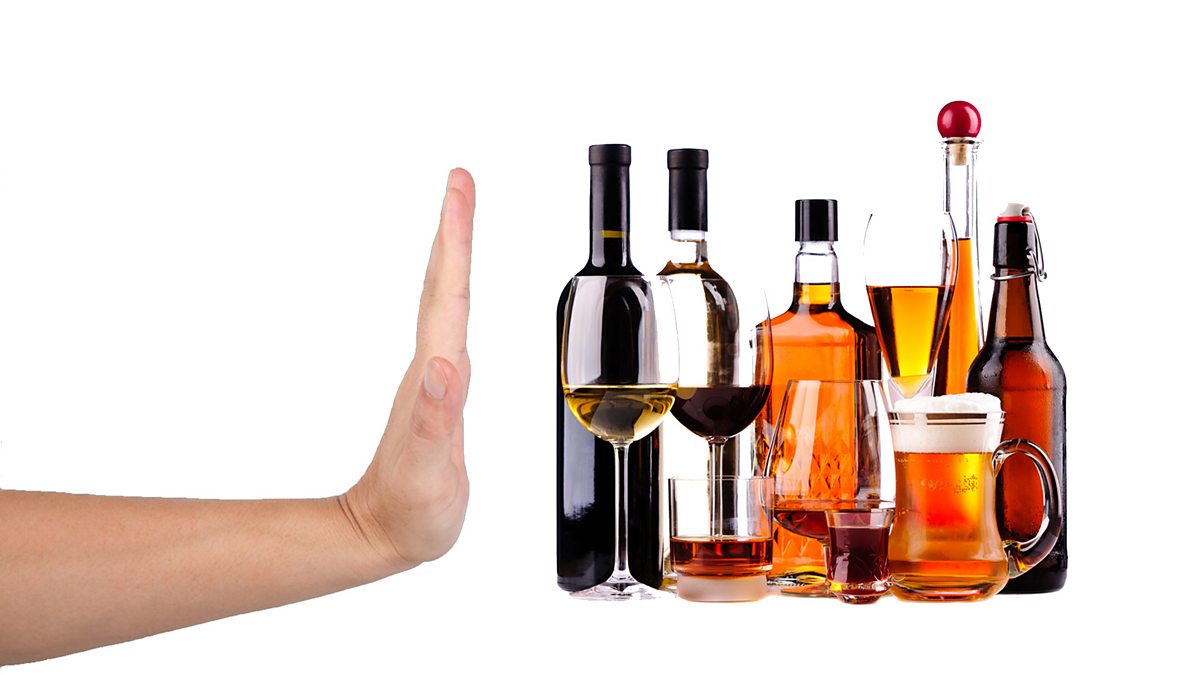The recent decision by the Manipur state government to lift decades-long prohibition on alcohol production and sale has sparked a lot of debates and deliberations across the state. However, the entire debate has knowingly or unknowingly ignored a crucial point. It seems that they cannot see the form of social relations that will accompany the newly legalized modes of production.
Since the aforementioned flaws exist, I’m going to focus my argument on political economy, more specifically, the theory of mode of production, to examine how the state government collaborates with the wealthy to best serve their economic interests.
It is also true that the state cabinet lifted the ban in the face of heavy opposition from the masses. It is a blatant sign that businesspeople have infiltrated and taken control of the state legislature. Moreover, it reveals that the state government has become consumed by the native capitalists spawned by Indian Neoliberals.
Whether legalization will increase the rate of consumption of alcohol or lead to a decline in morals in society is not the focus of this article. Nevertheless, it does not necessarily mean that the arguments made by pro-prohibition groups lack merit, just as the pro-lifting of prohibition are not devoid of all reasons.
The only thing I mean here is that my entire argument is based on the idea of mode of production as opposed to the primary focus of pro-prohibition groups. Every left-leaning person can see that their arguments give no weight to the capitalist mode of production the state is attempting to promote.
The lifting of ban on alcohol production is definitely a process of transferring the community ownership of means of alcohol production, now existing in Kanglei liquor producing communities, to a capitalist mode of production. Thus, rather than seeking to boost the state’s economy, it is more about introducing a capitalist class relation in society.
Many bourgeois economists claim that state revenue will be increased, concealing internal dynamics of the process at the same time. So, what our society will experience in the future will be different from the illusions the state has fed us to enjoy so far. Most importantly, their predictions are not based on truth; they are conspiracies. It will be evident in the near future that the income generated from alcohol production will be concentrated in the hands of a few wealthy people, while many former alcohol producers will be reduced to daily wage earners.
At this point, the state will have already decided who will produce and sell alcohol in the state. It stands to reason that the government chose them not because they are forward-looking or because their policies are excellent, but because they can give the government a lot of money.
This is how state will transfer the means of production from local brewers to the wealthy and powerful section of society. The idea that legalization will serve the economic interests of the poor is purely an illusion. For, the state is the executive committee of the capitalist class of society.
A number of my previous articles have argued that our society suffers from a deep class contradiction. As alcohol production and sale have now been legalized in the state, class divisions will become more tangible. Moreover, we will see how the state government colludes with wealthy and powerful people to ensure their control over the means of production. For this reason, they will go to any length. For instance, the state government recently claimed that local liquor is poison rather than alcohol.
Besides, they argued that the ever-increasing liver disease in Manipur was caused by this poisonous alcohol produced locally. As a result, they lay an emphasis on the need to replace conventional knowledge and technology with fresh options that are more readily available to well-off people rather than to indigenous local brewers.
It is because of the illusion injected into their consciousness by the state that a few innocent local brewers have lauded the legalization process. With their illusions fed by government, they falsely believe that it will enable them to produce, sell and earn more. They failed to see the true face of the state and the interests it represents and protects.
One must see that the state is being used by the ruling class to repress the working class. The state will never come up with a plan to guarantee that the people still control the means of production in the years following legalization. Rich businesspeople will always have their interests represented by the government through lobbyists they have paid for. The point is, the state will always take the side of the wealthy.
After the legalization takes effect, poor people will no longer be able to own a ‘Yu Leirang’. As a result, local, impoverished brewers may begin working as wage earners for the rich who will produce alcohol on a large scale using modern machineries.
It can therefore be concluded that the legalization of alcohol production and sale is a conspiracy by the ruling class and big businesspersons of society to take away the means of alcohol production from the local brewers. It is a path leading to oppression and exploitation in society. Therefore, we need to look at the issue through a more radical lens in order to see all the conspiracies taking place. Or else, we won’t have to wait long before our society spirals into deep polarization and class exploitation defined by unfathomable social inequality










